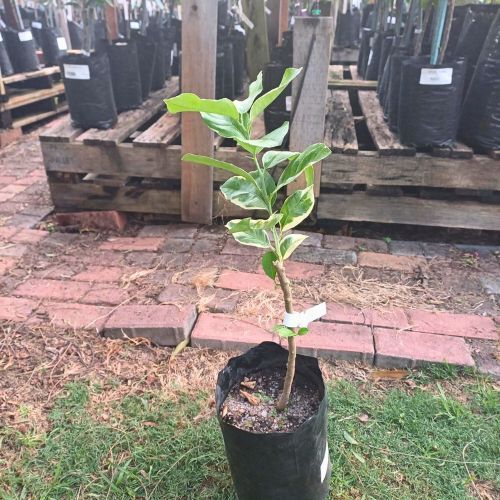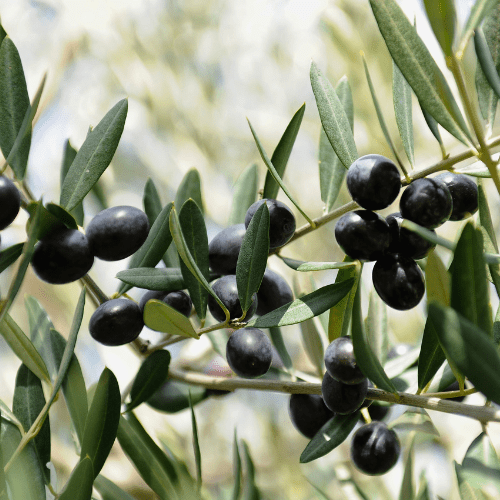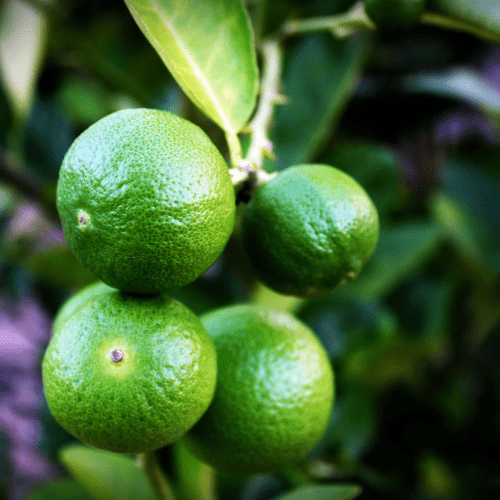Position:
Plant your pink lemon tree in full sun, if possible. If not, partial shade will do.
Soil:
It is important to choose well-draining soil with a pH level between 5.5 and 6.5. Using a bag or two of acid compost should be sufficient.
Superfrass (R25 per bag) is a natural high quality organic growth enhancer and pesticide which you could add when planting.
Water:
Citrus trees need soil that is moist but not wet. The best method to water citrus trees is by watering deeply and infrequently. Water when the upper five cms of soil is dry. Test by pressing a finger into the soil down to the second knuckle and seeing if the soil feels dry or moist.
Mulch:
Mulch around the lemon tree with Pine bark mulch. Mulch will maintain soil moisture and keep the soil slightly acidic. Mulch acts as a natural insulator, helping to keep roots warm and healthy. Do not let the mulch touch the plant stem, as it may cause infection or rot.
Fertiliser:
Lemon trees need a fertiliser that is high in nitrogen added through the winter to spring. To get the most out of your tree, apply our slow-release fertiliser is a must for citrus; even though it is called berry fertiliser it is for all plants/trees. If the leaves start to yellow, your plant may not have enough magnesium. Apply a little Epsom salts to the drip line of the tree (where the leaves extend their reach) Sprinkle a handful of Epsom salts around the stem every 3 months for magnesium. In fact, all your fruit trees will benefit from these salts.
Pruning :
A good time to prune your lemon tree is once it stops fruiting. Remove dead or diseased limbs or those too close to the ground (around 30 centimetres or less). Remove branches in the middle of the tree to thin it out, as this will aid in pest and disease control. Prune the tree to your desired height to enable easier harvest. During the year, cut away branches that cross over one another and remove any tangled leaves, twigs and branches, enabling vertical growth.
Pests & Disease:
It’s good to know that this plant is drought-tolerant and can easily adapt to various soil and weather conditions. Additionally, you won’t need to use chemicals to protect it from pests or diseases, making it a hassle-free option for anyone to grow abundant lemons right at home. We recommend Effective Microorganisms if your tree does get aphids which is common with citrus trees. Spray the tree down harshly with a hose to remove the insects, then spray the leaves and stem with Agricultural Neem Oil or Effective Microbials (EM Control ) from our store.
The diluted product should be used within 8 hours, so pour onto the soil for extra protection.
Harvesting
Your lemons are ready to be picked when their skin has turned from green to yellow (or mostly yellow) and they come off the tree when lifted and twisted.










